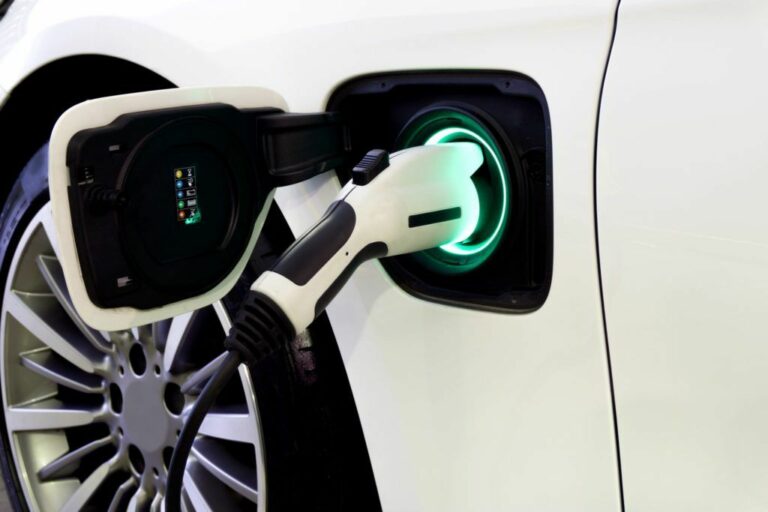Car Club Operators Sound Alarm on Falling Electric Vehicle Numbers
Operators of UK car clubs are warning about a ‘concerning’ 5% year-on-year decline in electric vehicles (EVs) within their fleets, citing increased costs and unfavorable government policies. The figures, released by Collaborative Mobility UK (CoMoUK), show that maintaining and running EVs is now £6,276 more expensive per year than petrol cars in the same fleets.

The charity’s research revealed that car club EVs are disadvantaged by not being able to benefit from discounted domestic electricity rates, currently charged at 5% VAT, while being exposed to sharp increases in public charging costs. Additional financial burdens include the introduction of Vehicle Excise Duty and the London congestion charge for EVs. User reluctance is also a factor, with some car club members expressing concerns about charging, range, and a general lack of understanding about how EVs work.
The proportion of EVs in car club fleets dropped to 30% in 2024 from 35% the previous year, although this figure remains significantly higher than the 4% of privately-owned vehicles that are electric. Richard Dilks, chief executive of CoMoUK, emphasized that car clubs have been at the forefront of EV adoption but are now facing intense cost pressures.
“Car clubs have led the way in the shift to electric, and when you consider that only 4 per cent of privately-owned vehicles are EVs, they are still way ahead in this regard,” Dilks said. “However, there is a risk that this good progress will be lost unless action is taken at both a local and national level to ensure that operators aren’t being unfairly penalised.”
Industry leaders are calling for urgent changes, including more dedicated car club parking bays with charging stations and a range of discounts and tax exemptions. James Taylor, general manager of Zipcar UK, noted that while his company has made significant progress in electrifying its fleet since introducing its first fully electric vehicle in 2018, increasing operational costs threaten to stall this progress.
Richard Falconer, founder of Co Wheels, highlighted the discrepancy in electricity pricing, stating that car clubs pay seven to 10 times more per kWh than domestic users, significantly impacting their operational costs. “We want to use more EVs due to the environmental benefits, but they cost more to run than petrol vehicles,” he explained.
The issue comes as the Transport + Energy sector prepares for its first Fleet Electrification Forum on July 9 at Warwick Conferences, where industry experts will discuss the challenges and opportunities in fleet electrification. Experts agree that government support and collaboration are crucial in shaping car clubs that effectively cater to community needs while promoting sustainable transport solutions.



